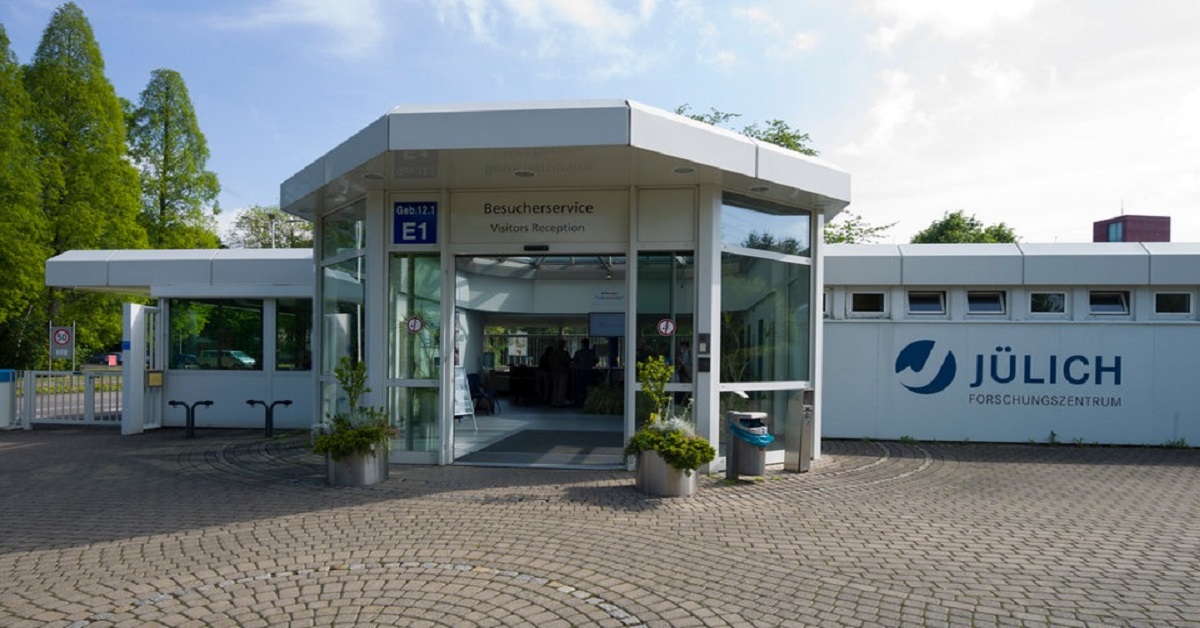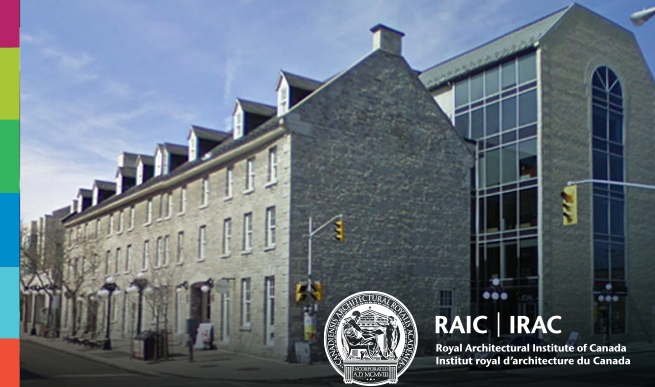
The production of small molecules using microorganisms represents one of the most peculiar aspects of biotechnology. For establishing a competitive bioprocess, it is crucial to obtain an efficient utilization of carbon and energy sources and redirect this pool towards a more efficient bioproduction. In this direction, natural communities represent a clear example of efficiency: the intra-species interactions occurring in such communities enable the establishment of auxotrophies which allow energy savings. In this regard, we formulated the CoNoS concept (see https://doi.org/10.1016/j.tibtech.2018.07.011) to design an efficient synthetic co-culture composed by two C. glutamicum strains each carrying different auxotrophies. In previous work, stably growing communities were already established. Nevertheless, a further improvement is required to increase the growth performances of the designed communities.
Project
Surrounded by a highly motivated and friendly environment and state-of-the-art technical equipment, you will work on an exciting and innovative topic. Specifically, you will focus on Adaptive Laboratory Evolution techniques performed with two different approaches: 1) using a liquid handling robotic system combined with a microbioreactor for high-throughput fermentations; 2) using the structured environment of a solid media simulating the evolution occurring in nature. With these techniques, you will induce beneficial mutations which enable a faster growth of the CoNoS. After obtaining several evolved strains, the focus will be on genome sequencing to identify mutations and community analysis applying various omics technologies in order to understand the mechanism behind the mutations and possibly, identifying novel production traits. Then, such evolved community will be further optimized for a production process via metabolic engineering.
Target group
We are looking for highly motivated students in biotechnology, biology, microbiology, biochemistry, or related fields who have a strong interest in working in applied biotechnology. Reliability, commitment, and inclination to learn new techniques must be an essential part of your profile. After a familiarization period, you should be able to work independently, process and present your results in English. A basic knowledge of Python programming language is preferable but not essential. Please, send your application to Mr. Simone Schito by email with the following documents summarized in a PDF file: cover letter, curriculum vitae, short recommendation letter (if available), eventual certificates, etc. The master’s thesis is expected to start on November 1st, 2021.
Contact person
M. Sc. Simone Schito
Quantitative Microbial Phenotyping
IBG-1: Biotechnologie
Forschungszentrum Jülich
52425 Jülich Deutschland
Telephone: +49 2461 61-3505
E-Mail: s.schito@fz-juelich.de
Dr.-Ing. Stephan Noack
Quantitative Microbial Phenotyping
IBG-1: Biotechnologie
Forschungszentrum Jülich
52425 Jülich Deutschland
Telefon: +49 2461 61-6044
E-Mail: s.noack@fz-juelich.de
![Postdoctoral and Research Opportunities at McGill University [CA]](https://scholaridea.com/wp-content/uploads/2020/06/mcgill-university-30-may-2019-768x402.jpg)

